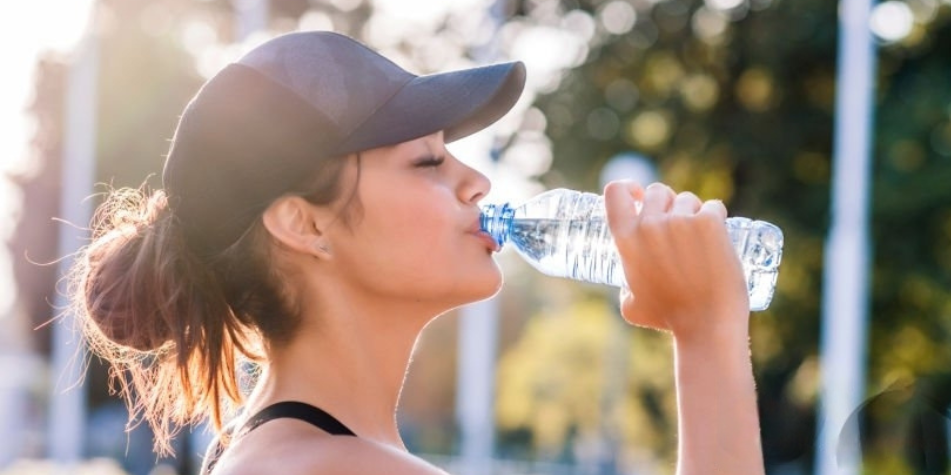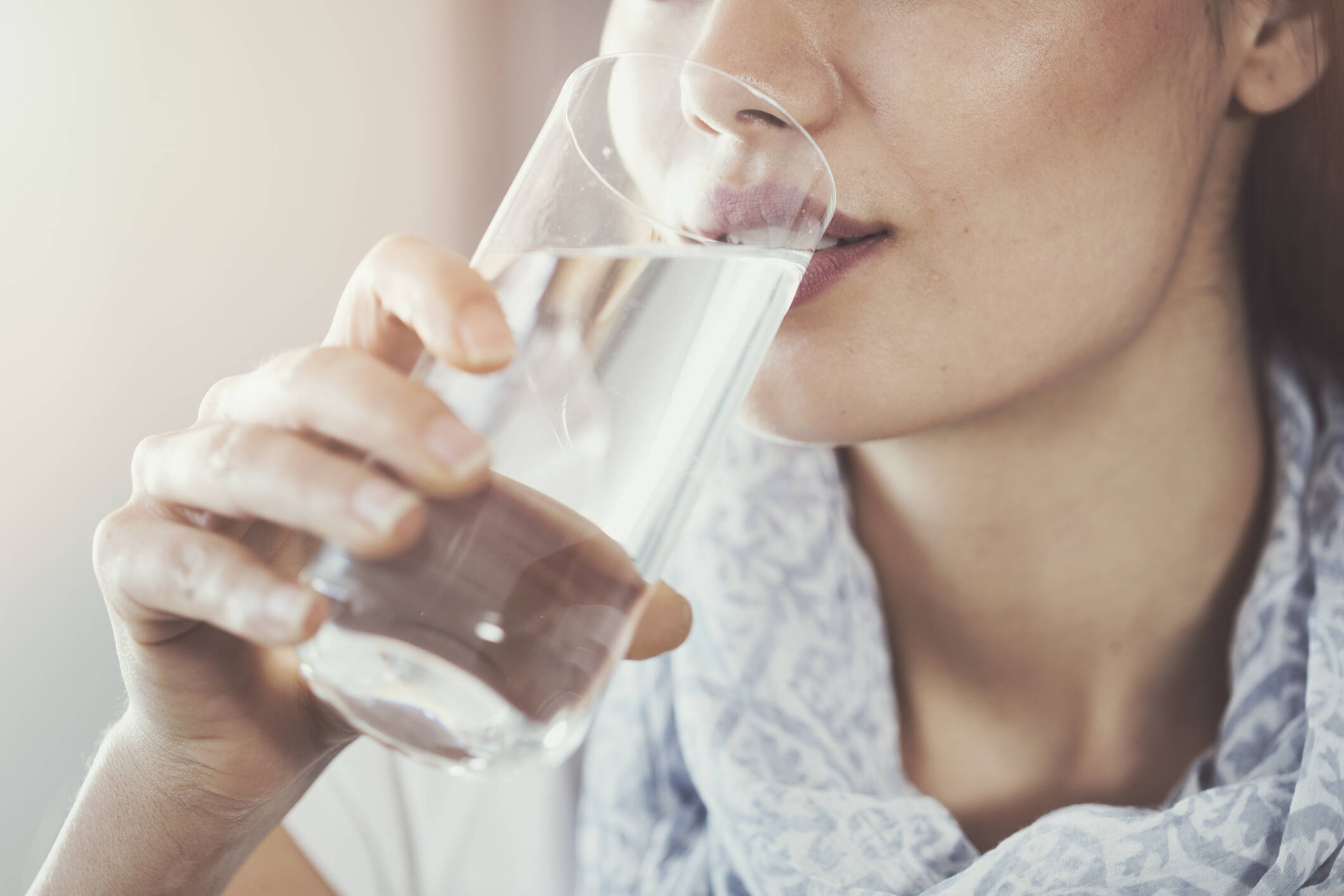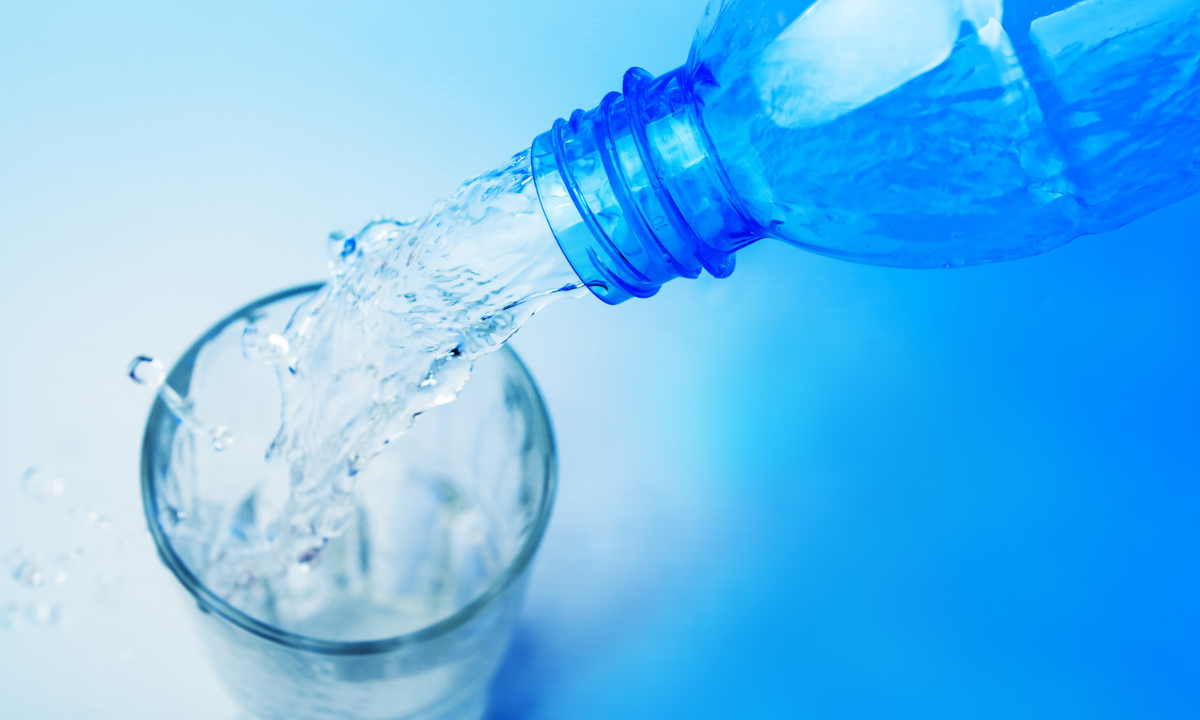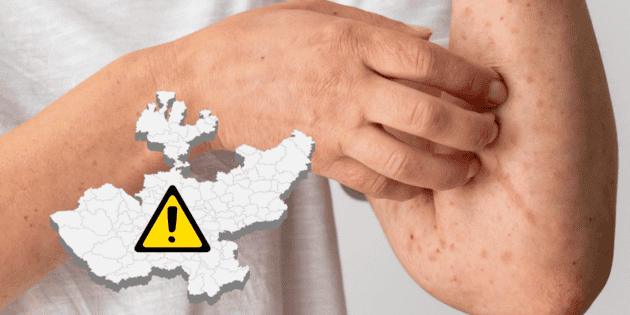Borja Quiroga, nephrologist: 'The kidney requires this minimum amount of water per day to eliminate toxins from the body'

Borja Quiroga, a nephrologist, clarified that excess water only dilutes the urine and that the real risk lies in not reaching the minimum: the kidney needs about half a liter to purify waste, but, adding the 'insensible' losses, the daily reference at rest rises to 1.2–1.3 liters in healthy people.
Professional Borja Quiroga addressed the most widespread beliefs about hydration and kidney function, where he put into context what amount of water a healthy body requires to function correctly.
As he explained, 'drinking lots of water' does not clean the kidneys better: what happens is that the organ dilutes the urine, which becomes transparent, a sign that it is working, not that it receives an extra benefit from the excess intake.

The urologist often gives health care advice. Photo: iStock
The problem, he stressed, is the opposite extreme: not reaching a minimum threshold. As the body's "purifier," the kidney needs a certain amount of water to flush out waste products; generally speaking, this minimum for toxin elimination is around half a liter.
However, total consumption cannot be equated to that half liter. Quiroga reminded us that we lose fluid daily without noticing it through skin, respiration, and perspiration: the so-called insensible losses, which are estimated at 700–800 ml.

Proper hydration combats bad breath. Photo: iStock
When you add this silent wear and tear to what the kidneys need to filter waste, the baseline hydration level for a healthy person at rest is “around 1.2–1.3 liters” per day. This isn't a rigid number, but rather a guideline to avoid falling short.
The doctor emphasized that this reference applies to a baseline situation: no exercise, no digestive losses, and no significant sweating. Any activity, heat, or illness can raise the requirement above that level.

Alkaline water. Photo: iStock
In her presentation, she also debunked the myth that clear urine is synonymous with superior health; it's a dilution effect of drinking a lot, not a treatment for the kidneys. The focus should be on avoiding dehydration, not on forcing excessive intake.
For healthy adults at rest, 1.2–1.3 liters per day is a reasonable minimum; from there, adjust according to activity level and climate. Drinking more than necessary does not "improve" kidney health; not reaching the minimum does harm it.
The recommendation is to hydrate sensibly: meet the minimum, listen to your body and adapt your intake to the circumstances, without falling into extremes that confuse more than they help.
More news in EL TIEMPO Jaider Felipe Vargas Morales
DIGITAL REACH EDITORIAL TEAM
eltiempo




